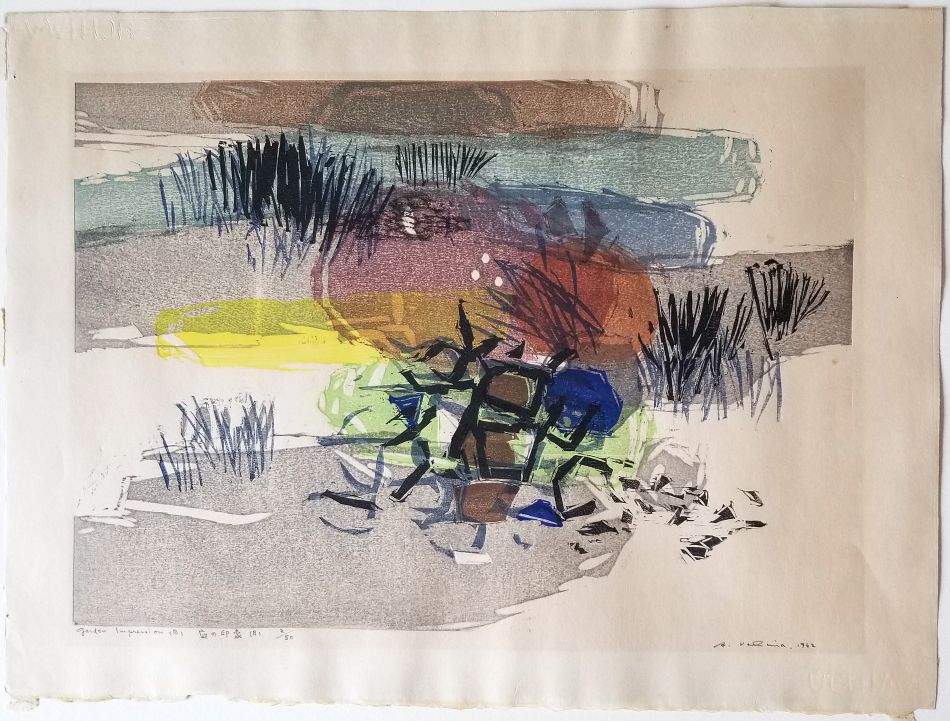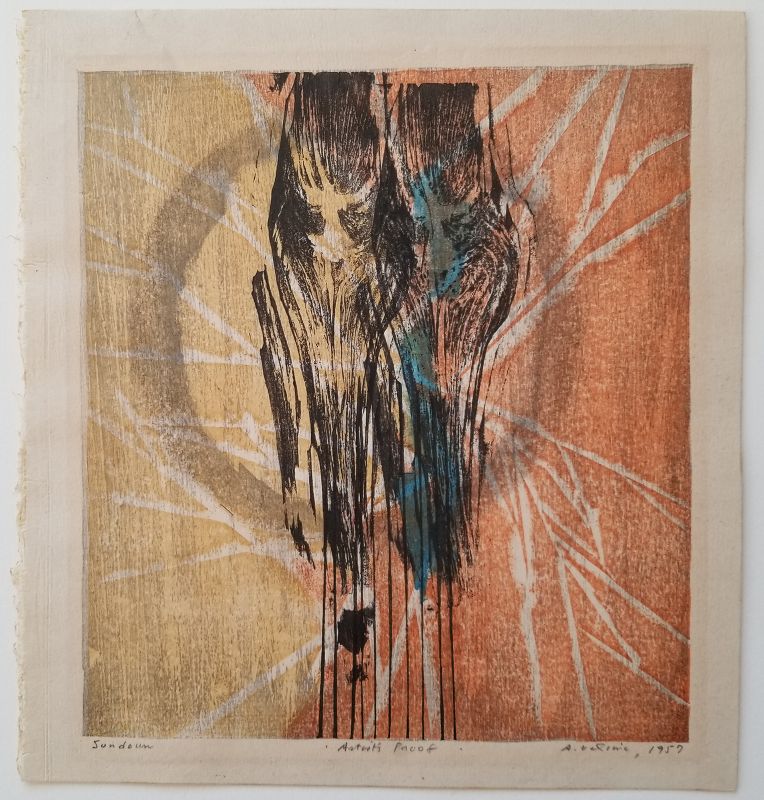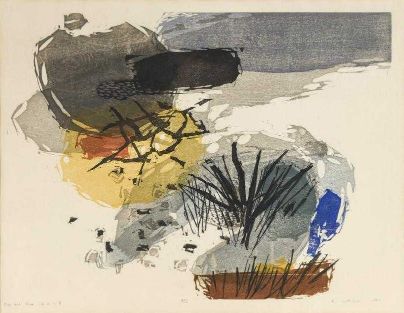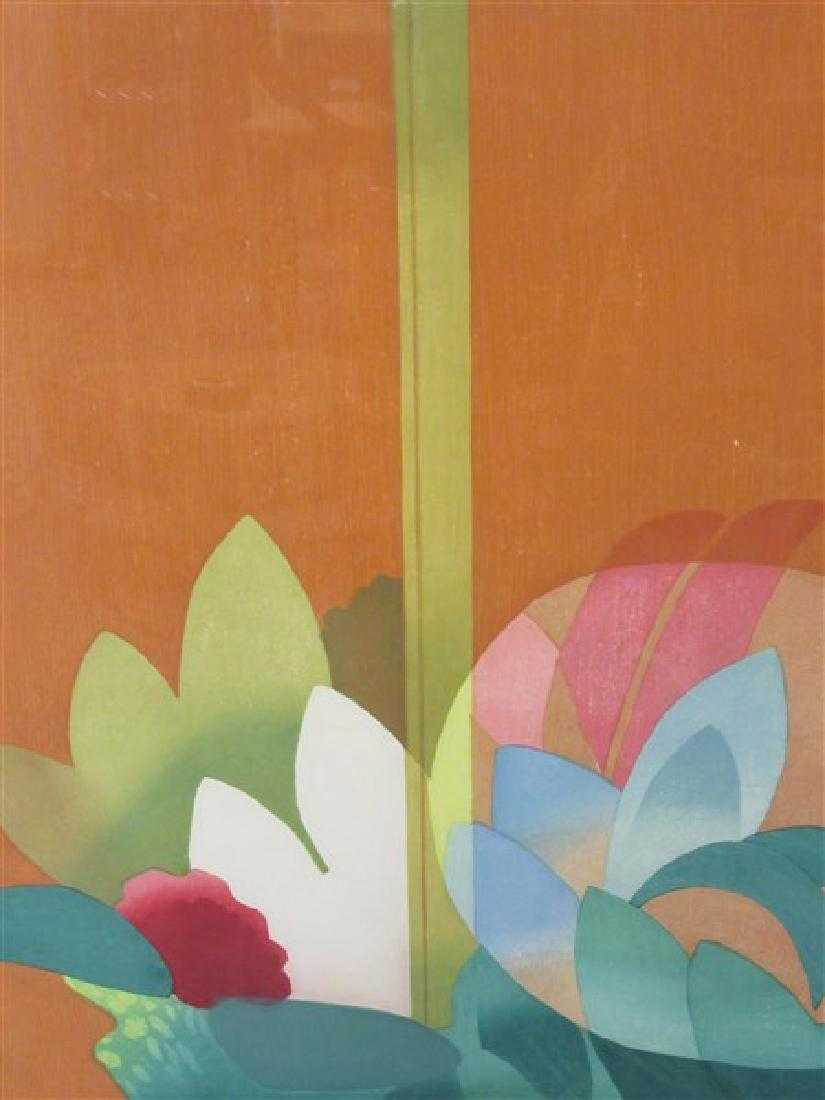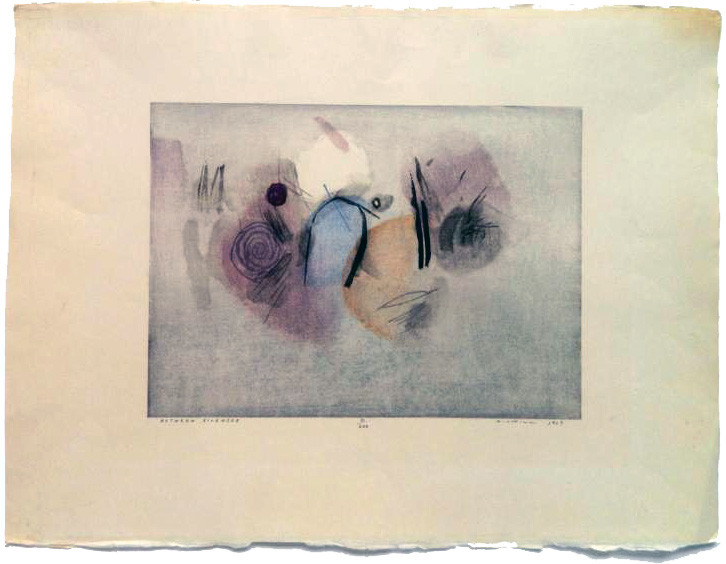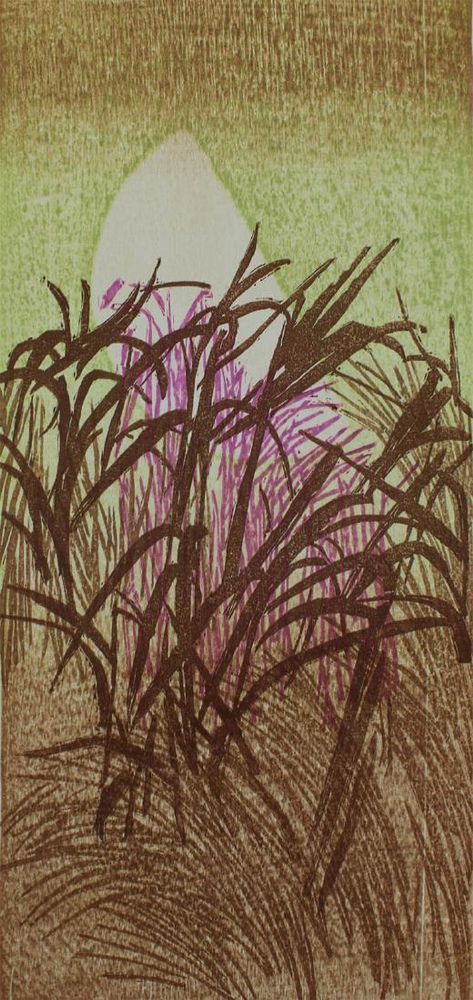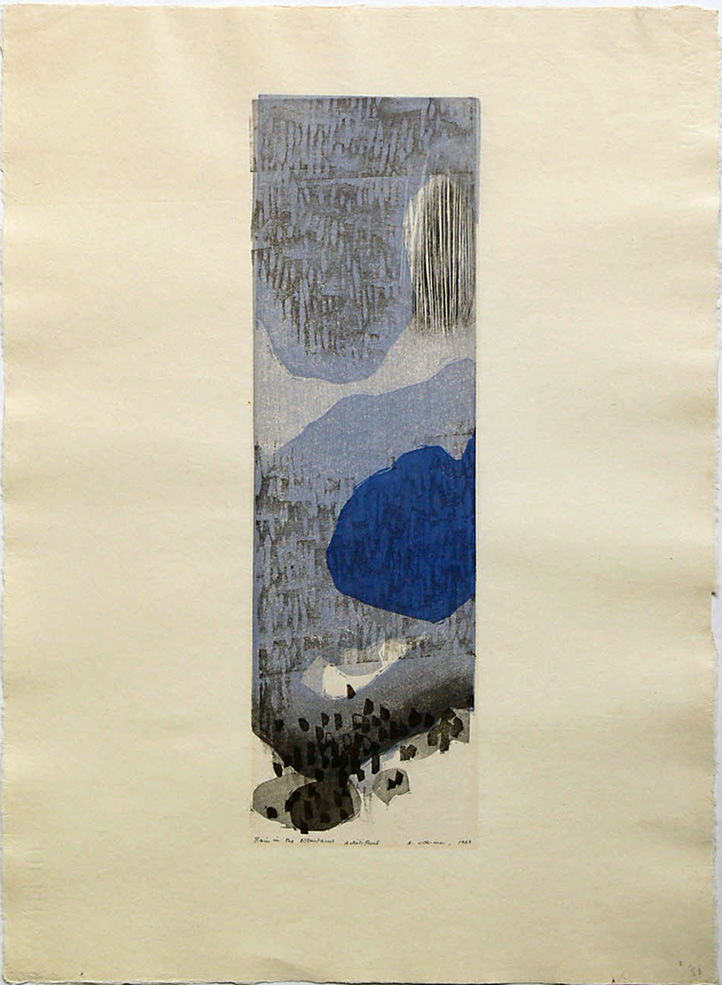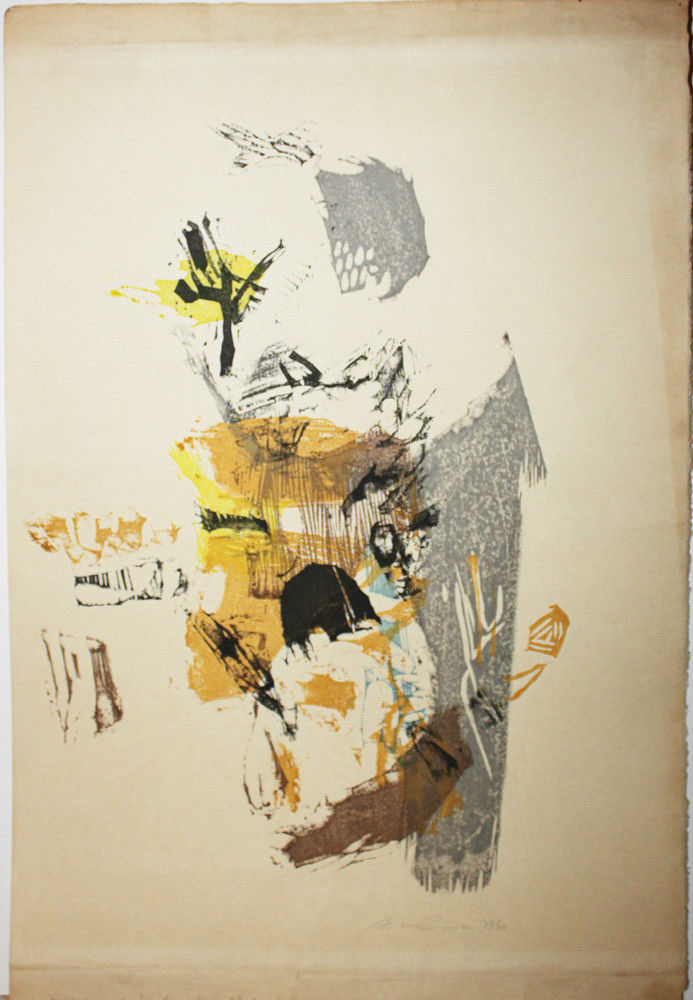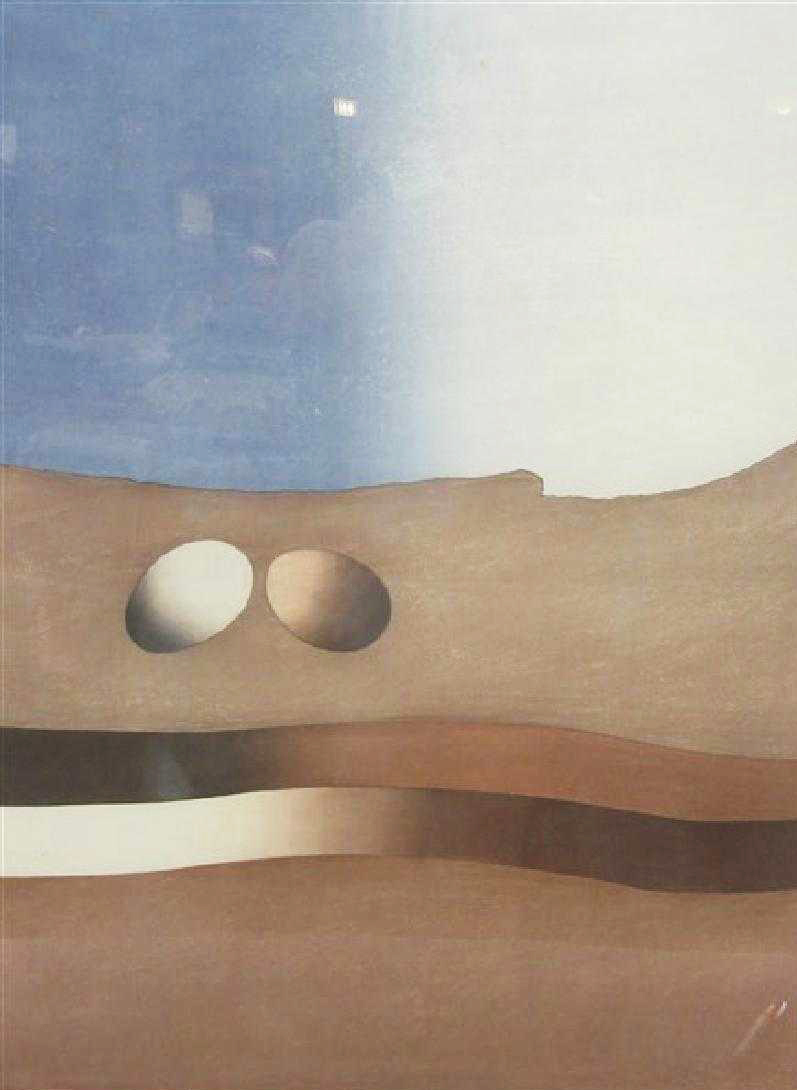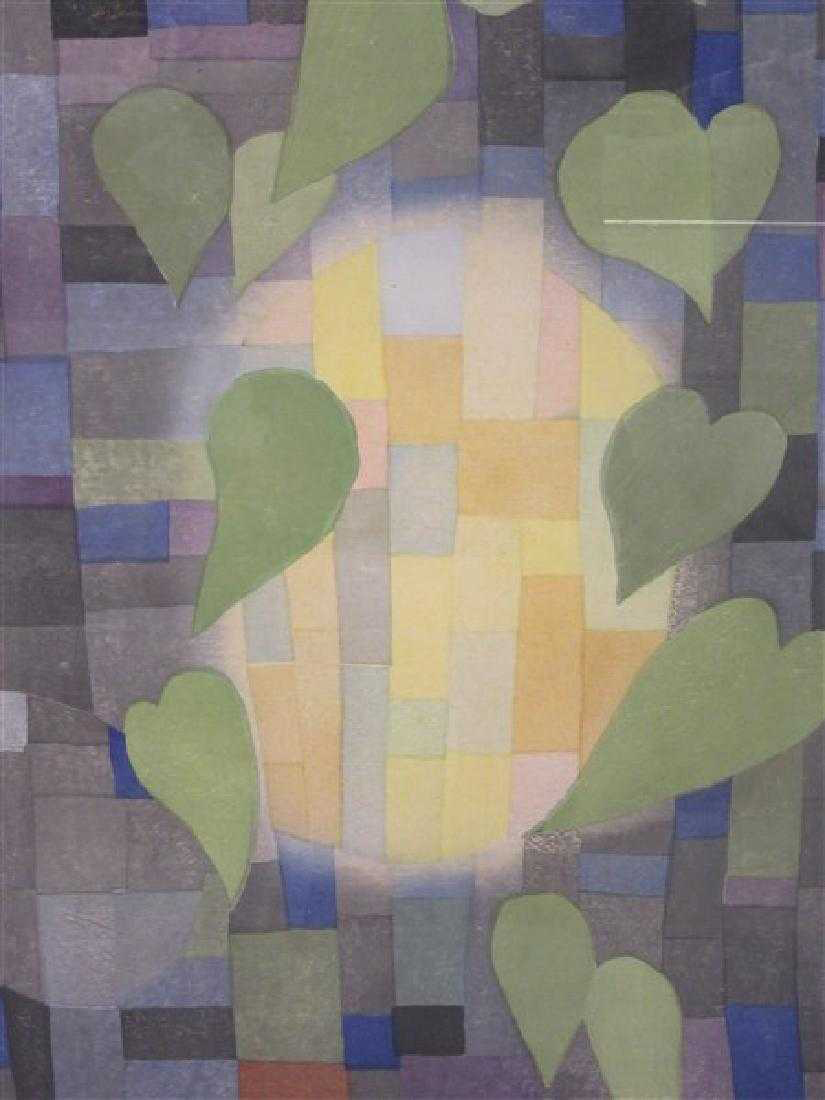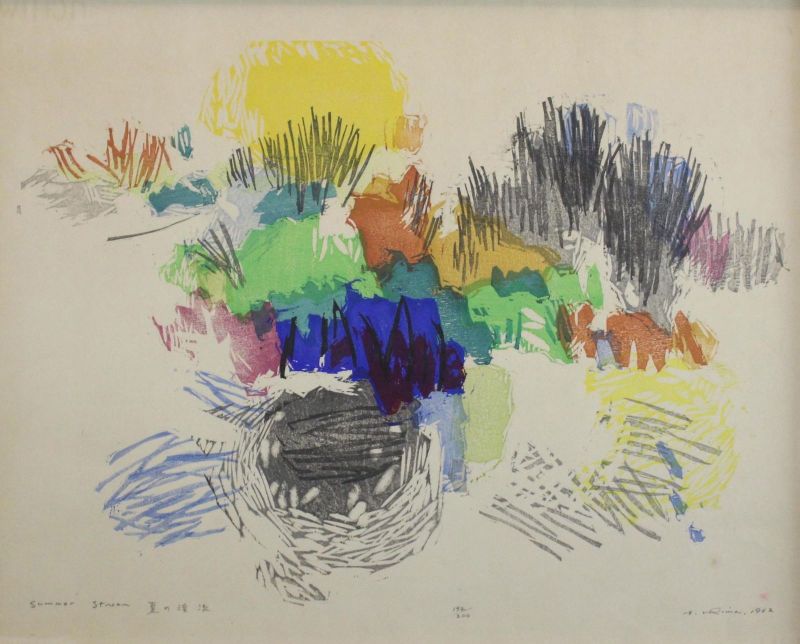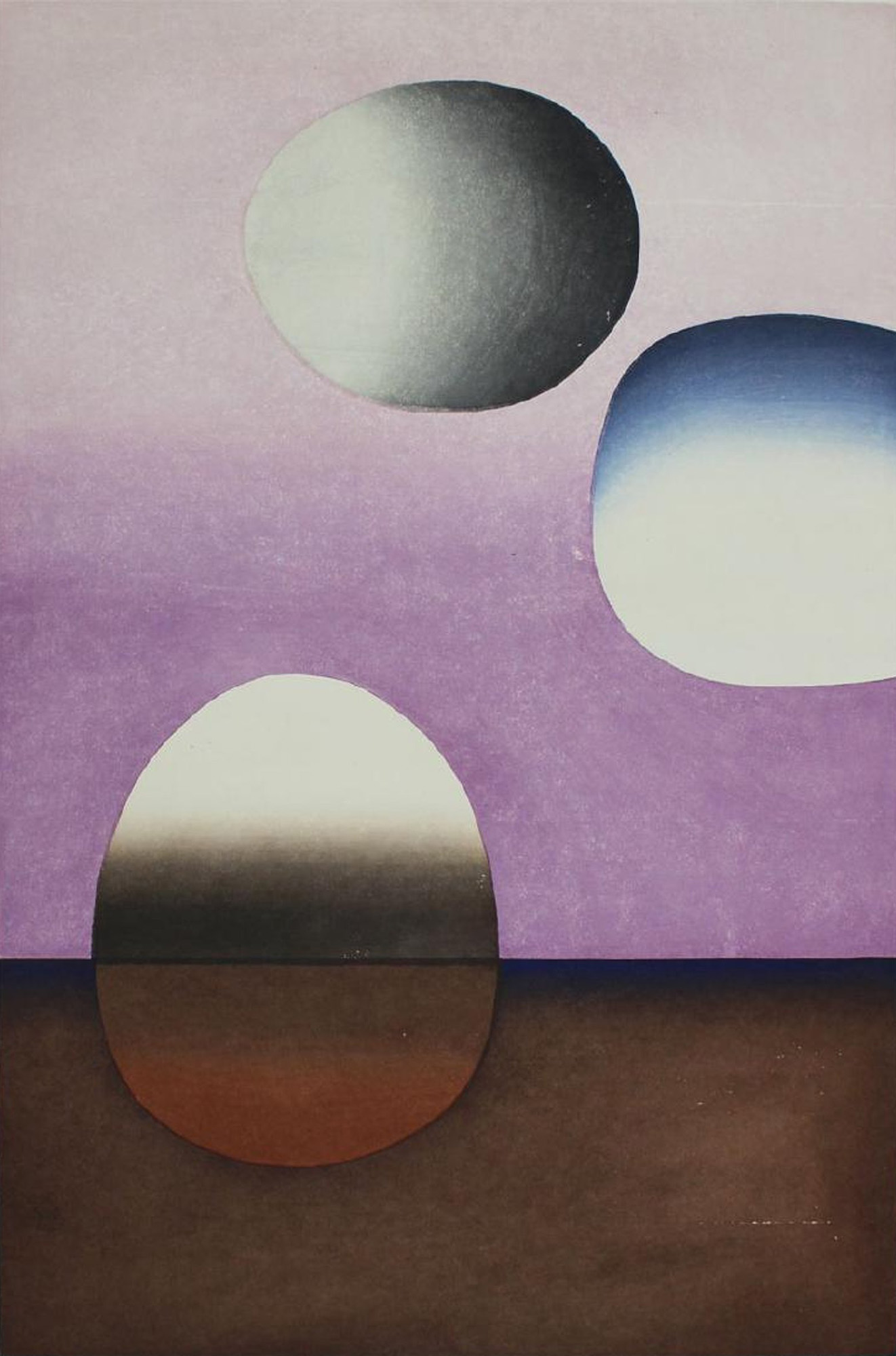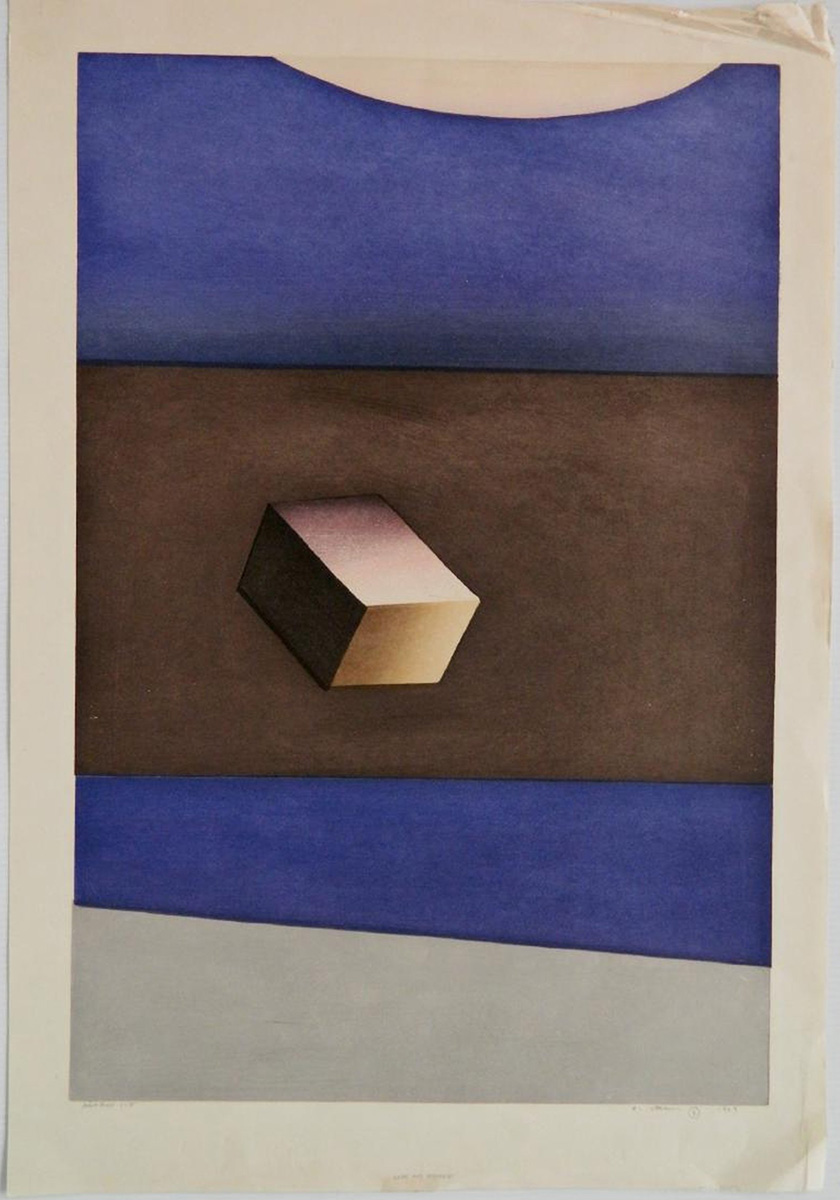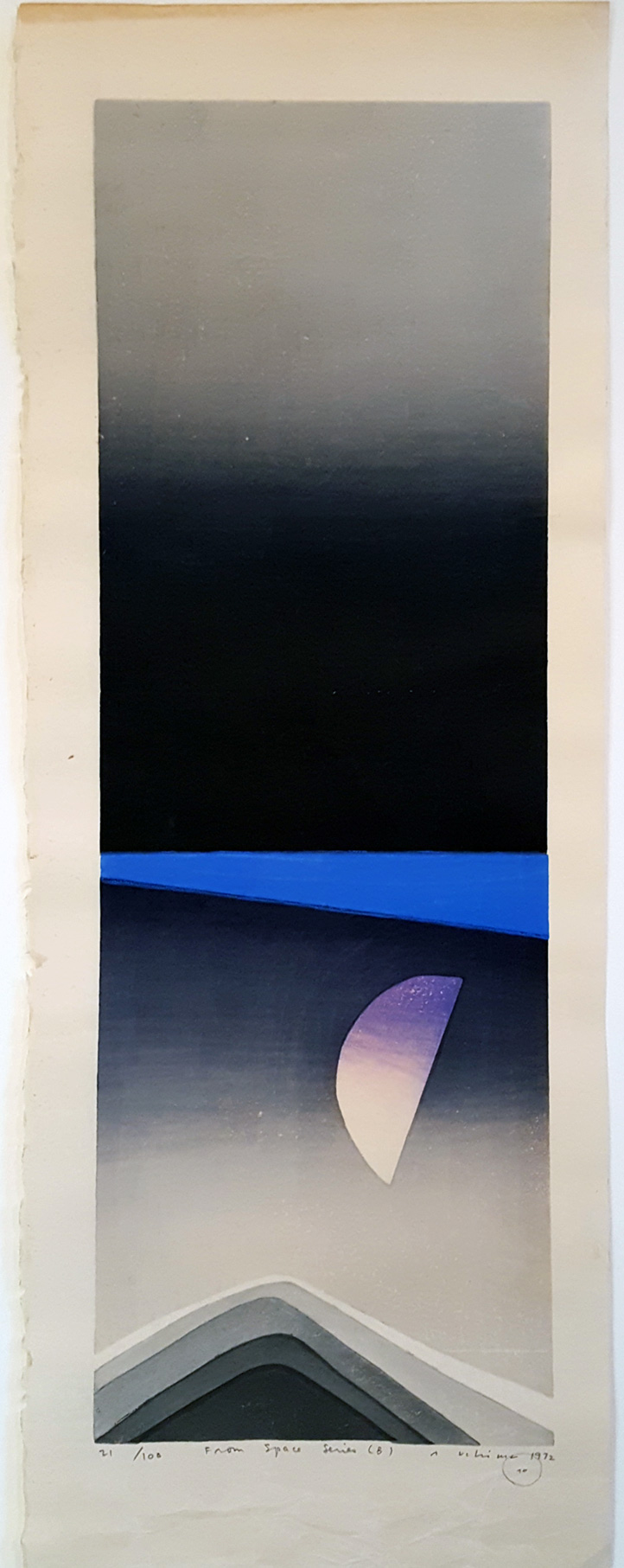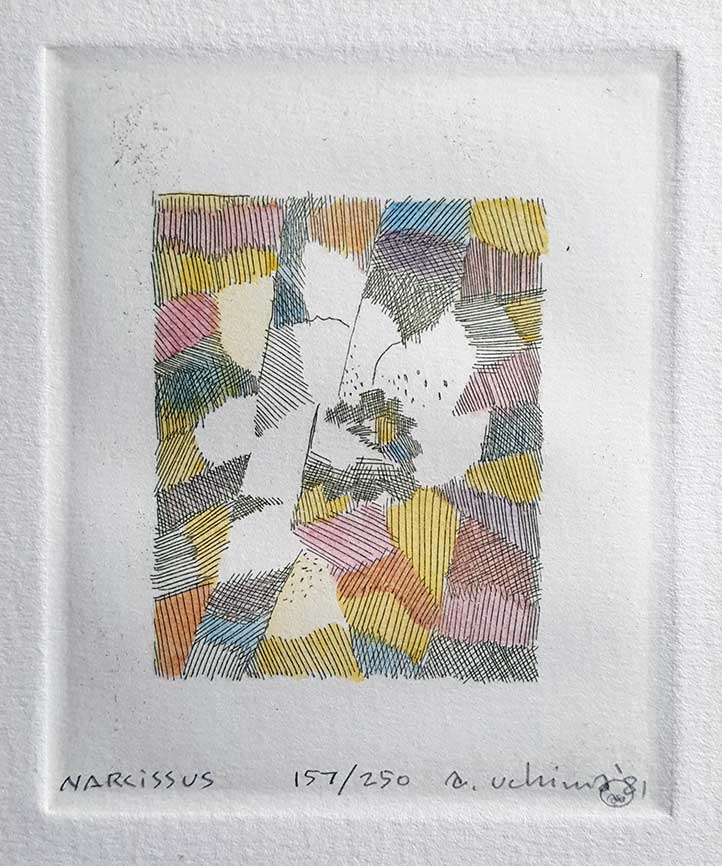- Ai Weiwei
- Anita Seiler
- Ansei Uchima
- Araki Nobuyoshi
- Chen Wang
- Chiura Obata
- Chizuko Yoshida
- Clifton Karhu
- E J Quayle
- Francois Masami Nakayama
- Fujio Yoshida
- Fukutaro Terauchi
- Fumiaki Fukita
- Fumio Fujita
- Fumio Kitaoka
- Ganjosai Kunihiro
- Gen Yamaguchi
- Gesso Yoshimoto
- Gihachiro Okuyama
- Gyojin Murakami
- Haku Maki
- Hashiguchi Goyo
- Hashimoto Okiie
- Helen Hyde
- Hideo Hagiwara
- Hirano Hakuho
- Hiroshi Yoshida
- Hiroyuki Tajima
- Hisao Domoto
- Hisashi Otsuka
- Hishikawa Moronobu
- Hodaka Yoshida
- Hosoya Masayuki
- Imoto Tekiho
- Ishikawa Toraji
- Ishikawa Toyomasa
- Ito Nisaburo
- Ito Shinsui
- Ito Yuhan
- Joichi Hoshi
- Junichiro Sekino
- Kamisaka Sekka
- Kanji Suzuki
- Kaoru Kawano
- Katsukawa Shunsho
- Katsushika Hokusai
- Katsuyuki Nishijima
- Kawabata Ryushi
- Kawanabe Kiyosai
- Kawase Hasui
- KAWS
- Kazuo Shiraga
- Keiko Yurimoto
- Keisuke Yamaguchi
- Kishin Shinoyama
- Kitagawa Utamaro
- Kitao Masayoshi
- Kiyonaga
- Kiyoshi Saito
- Kobayashi Eijiro
- Kochoro
- Koho Shoda
- Koshiro Onchi
- Kosho Shimizu
- Kumi Sugai
- Kunihiro Amano
- Kunisada
- Leonard Tsuguharu Foujita
- Lillian Shao
- Masaji Yoshida
- Masao Ebina
- Masao Ido
- Masao Maeda
- Masao Ohba
- Masuo Ikeda
- Mitsuhiro Unno
- Nakazawa Hiromitsu
- Natori Shunsen
- Nihofu Mizushima
- Ogata Gekko
- Ohara Koson
- Paul Binnie
- Paul Jacoulet
- Reika Iwami
- Risaburo Kimura
- Ryohei Tanaka
- Sadamasa Motonaga
- Sadanobu Hasegawa III
- Sadao Watanabe
- Sarah Brayer
- Sasajima Kihei
- Senpan Maekawa
- Shen Wei Studio
- Shigeru Taniguchi
- Shiko Munakata
- Shima Seien
- Shiro Kasamatsu
- Shuzo Ikeda
- Tadashi Nakayama
- Taizo Minagawa
- Takahashi Hiroaki Shotei
- Takashi Murakami
- Takehisa Yumeji
- Takeji Asano
- Takeshi Kawashima
- Takumi Shinagawa
- Ted Coyler
- Terada Akitoyo
- Tetsuro Sawada
- Tokio Miyashita
- Toko Shinoda
- Tokujiro Kojima
- Tom Kristensen
- Tomikichiro Tokuriki
- Toshi Yoshida
- Toyohara Chikanobu
- Toyohara Kunichika
- Tsuchiya Koitsu
- Tsukioka Yoshitoshi
- Umetaro Azechi
- Unknown Artist
- Ushio Shinohara
- Utagawa Hiroshige (Ando)
- Utagawa Kunisada
- Utagawa Toyokuni I
- Utagawa Yoshiiku
- Wada Sanzo
- Willy Seiler
- Yayoi Kusama
- Yoko Hara
- Yoshijiro Urushibara
- Yoshio Hayashi
- Yoshisuke Funasaka
- Yoshitomo Nara
- Yoshitoshi Mori
- Yuzuru Hashimoto
Store Listings
Restaurant Listings







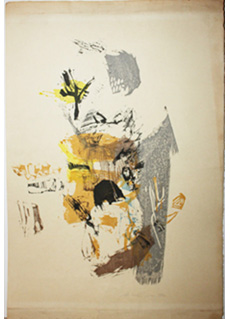
 Japan
Japan

